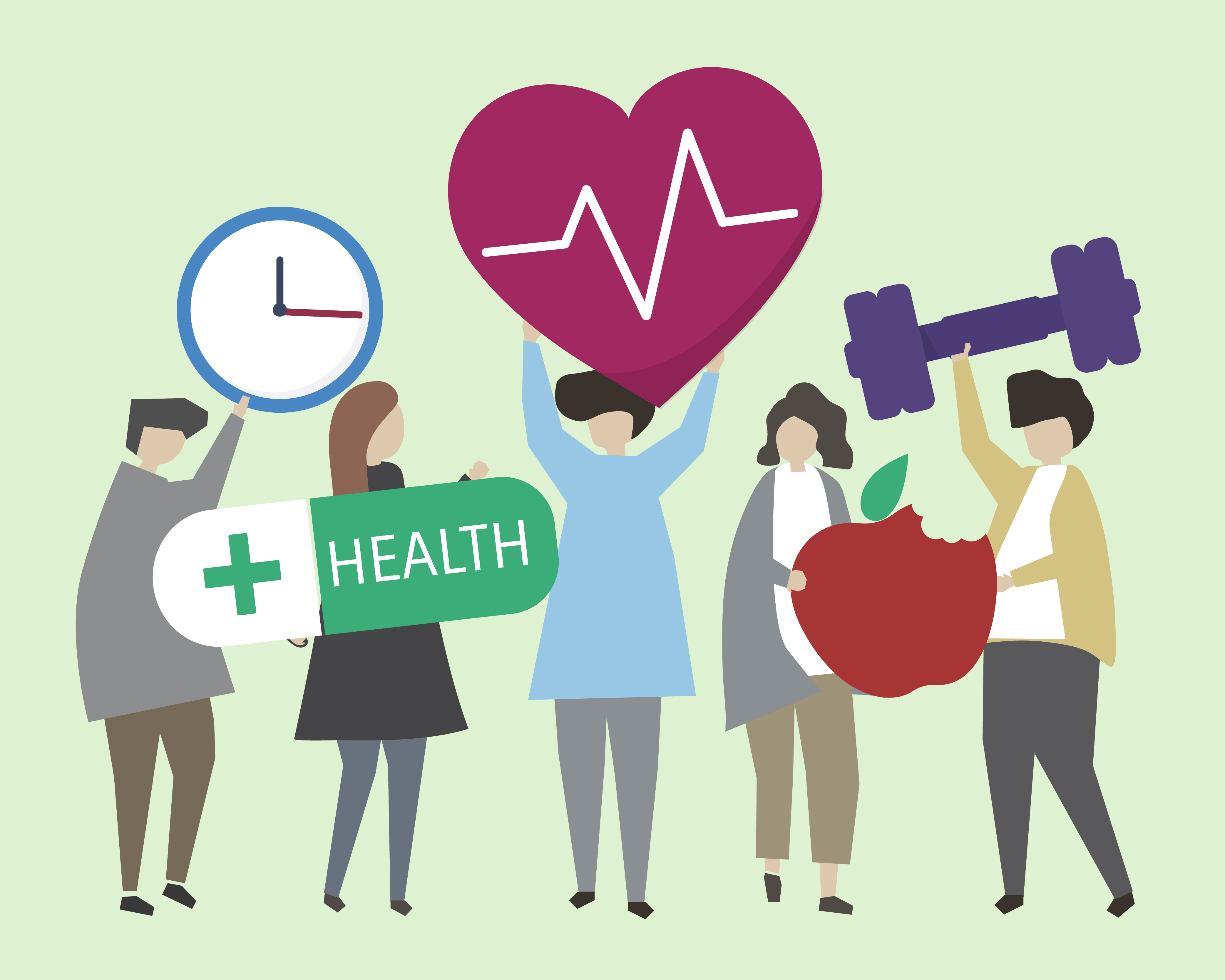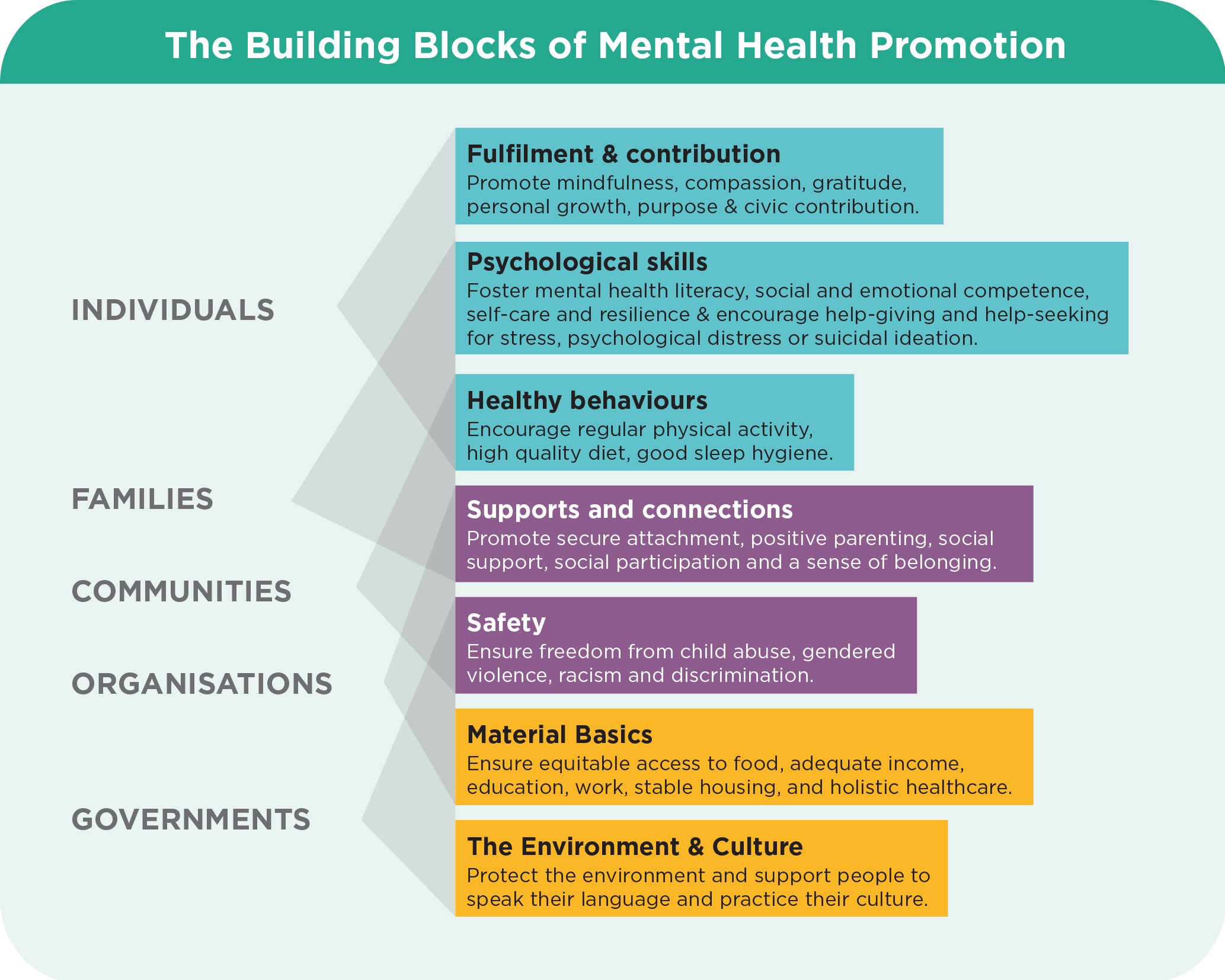What is the Ministry of Health's role in safeguarding and advancing public well-being?
The Ministry of Health (MoH) plays a crucial role in ensuring the health and well-being of a nation's population. Its primary objective is to protect and promote public health by implementing policies, programs, and initiatives aimed at preventing and treating diseases, reducing health disparities, and improving overall health outcomes.
Understanding the Ministry of Health: Protecting And Promoting Public Well-being is essential for anyone concerned about their health and well-being. By providing a comprehensive overview of this topic, we aim to empower individuals with the knowledge they need to make informed decisions about their health.
Our team has dedicated countless hours to analyzing and synthesizing information from various sources, including government reports, academic studies, and expert opinions, to create this comprehensive guide on Ministry Of Health: Protecting And Promoting Public Well-being. Our goal is to provide a clear and concise overview of this topic, highlighting its importance and benefits in a manner that is both engaging and informative.
Key Differences or Key Takeaways:
| Key Difference 1 | Key Difference 2 | Key Difference 3 |
|:---|:---|:---|
| Role of MoH in Disease Prevention | MoH's Approach to Health Promotion | Challenges Faced by MoH |

Using AI to Identify Plant Diseases for SDG Goals 2 and 3 - Source gamma.app
Transition to main article topics:
In the following sections, we will delve into the various aspects of the Ministry of Health's role in protecting and promoting public well-being. We will examine its core functions, discuss its strategies for disease prevention and health promotion, and highlight the challenges it faces in achieving its objectives. By understanding the Ministry of Health's multifaceted role, we can appreciate its importance in safeguarding and improving the health of our communities.
FAQ
Explore frequently asked questions to gain valuable insights on public well-being initiatives and the Ministry's role in safeguarding the health of our communities. Ministry Of Health: Protecting And Promoting Public Well-being

Protecting Your Mental Health During Isolation | Self-Love Rainbow - Source www.selfloverainbow.com
Question 1: What is the Ministry of Health's mission?
The Ministry of Health is dedicated to safeguarding and promoting the health of the public through evidence-based policies, effective programs, and collaboration with healthcare providers and community partners.
Question 2: What are the key areas of focus for the Ministry of Health?
The Ministry's priorities include promoting healthy lifestyles, preventing and controlling diseases, ensuring access to quality healthcare services, and fostering a supportive environment for overall well-being.
Question 3: How does the Ministry collaborate with healthcare providers?
The Ministry works closely with healthcare professionals, hospitals, and other healthcare organizations to develop and implement policies, provide resources, and support ongoing research and innovation in healthcare.
Question 4: How can the public participate in the Ministry's initiatives?
The Ministry encourages public participation through health education campaigns, community engagement programs, and opportunities for individuals to contribute their perspectives and experiences.
Question 5: What resources are available to the public on the Ministry's website?
The Ministry's website provides a wealth of information on health topics, disease prevention, healthy living, and access to healthcare services, enabling individuals to make informed decisions about their well-being.
Question 6: How does the Ministry address emerging health challenges?
The Ministry continuously monitors emerging health trends, conducts research, and develops preparedness plans to respond effectively to public health emergencies, ensuring the safety and well-being of the population.
Summary: The Ministry of Health plays a vital role in safeguarding and promoting public well-being through its multifaceted efforts to prevent diseases, promote healthy lifestyles, and ensure access to quality healthcare services. The Ministry's commitment to collaboration, innovation, and public engagement empowers individuals and communities to take an active role in their own health and well-being.
Next Article: Read more about the Ministry's specific initiatives and programs aimed at improving public health outcomes and enhancing the well-being of our communities.
Tips by the Ministry of Health: Protecting and Promoting Public Well-being
To maintain optimal health and well-being, it is essential to adopt healthy habits and practices. The Ministry of Health provides the following tips to guide individuals in making informed decisions and leading a healthier lifestyle.
Tip 1: Maintain a Nutritious Diet
A balanced diet rich in fruits, vegetables, whole grains, and lean protein supports overall health and well-being. It provides essential nutrients, antioxidants, and fiber that are crucial for maintaining a healthy weight, reducing the risk of chronic diseases, and improving cognitive function.
Tip 2: Engage in Regular Physical Activity
Regular exercise is vital for maintaining a healthy body and mind. Aim for at least 150 minutes of moderate-intensity aerobic activity or 75 minutes of vigorous-intensity activity per week. Exercise strengthens the cardiovascular system, builds muscle mass, improves sleep quality, and releases endorphins that promote well-being.
Tip 3: Get Enough Sleep
Sufficient sleep is essential for cognitive function, emotional regulation, and physical recovery. Most adults require 7-9 hours of sleep per night. Establish regular sleep patterns, create a relaxing bedtime routine, and ensure a comfortable and dark sleeping environment.
Tip 4: Quit Smoking
Smoking is a leading cause of preventable deaths and diseases, including cancer, heart disease, and stroke. Quitting smoking significantly reduces the risk of these health complications and improves overall well-being. Seek professional support if needed.
Tip 5: Reduce Alcohol Consumption
Excessive alcohol consumption can harm the liver, heart, and other organs. Limit alcohol intake to recommended guidelines. Men should not exceed two drinks per day, and women should limit their intake to one drink per day.
Tip 6: Manage Stress
Stress is an integral part of life, but chronic stress can take a toll on physical and mental health. Engage in stress-reducing activities such as exercise, yoga, meditation, or spending time in nature. Seek professional help if stress becomes overwhelming.
Tip 7: Practice Good Hygiene
Maintaining good hygiene helps prevent the spread of infections and disease. Wash your hands frequently, especially after using the toilet, before eating, and after handling raw meat. Clean and disinfect surfaces regularly, and cover your mouth and nose when coughing or sneezing.
Tip 8: Regular Health Screenings
Regular health screenings can help detect and prevent health problems. Get recommended screenings for mammograms, colonoscopies, blood pressure checks, and cholesterol tests as per your age and health history.
By following these tips, individuals can make informed decisions that promote their well-being and minimize their risk of chronic diseases. Remember, maintaining a healthy lifestyle is an ongoing journey that requires consistent effort and commitment.
Ministry Of Health: Protecting And Promoting Public Well-being
The Ministry of Health plays a vital role in safeguarding and fostering the well-being of citizens. Six key aspects underscore its multifaceted responsibilities:
- Preventive Care: Implementing programs to prevent the onset of diseases.
- Disease Control: Managing and eradicating infectious diseases through surveillance and intervention.
- Health Education: Empowering individuals with knowledge and skills to make informed health decisions.
- Healthcare Access: Ensuring equitable access to quality healthcare services for all.
- Health Policy: Formulating and implementing policies that shape the healthcare system.
- Research and Innovation: Promoting research and development for advancements in healthcare.
These aspects are intricately connected, forming a comprehensive approach to public well-being. For instance, preventive care reduces the burden of disease, promoting overall health; while disease control measures protect communities from outbreaks. Health education empowers individuals to adopt healthy lifestyles, reducing healthcare costs. By ensuring access to healthcare, the Ministry bridges disparities and improves population health.

World Health Organization (WHO) Western Pacific on Twitter: "Mental - Source twitter.com
Ministry Of Health: Protecting And Promoting Public Well-being
The Ministry of Health plays a crucial role in safeguarding and enhancing the well-being of communities. It accomplishes this by implementing and enforcing health policies, providing healthcare services, and promoting healthy practices. The ministry's efforts directly impact the health outcomes of individuals and populations, thereby contributing to a society's overall health and prosperity.

What is mental health promotion? - Prevention United - Source preventionunited.org.au
One of the fundamental responsibilities of the Ministry of Health is to protect the public from health hazards. This includes controlling the spread of infectious diseases, monitoring environmental health, and ensuring the safety of food and water supplies. By implementing effective disease surveillance and prevention programs, the ministry helps to prevent outbreaks and safeguard communities from potential health threats.
Furthermore, the Ministry of Health also plays a vital role in promoting healthy lifestyles and behaviors. Through public health campaigns, educational initiatives, and community outreach programs, the ministry encourages individuals to adopt healthy habits, such as regular physical activity, balanced diets, and responsible sexual behavior. By promoting preventive measures and encouraging healthy choices, the ministry empowers individuals to take ownership of their own health and reduce their risk of chronic diseases and lifestyle-related illnesses.
The Ministry of Health's mandate extends beyond healthcare delivery and public health initiatives. The ministry also plays a key role in policy development, research, and health systems strengthening. By collaborating with other government agencies, healthcare professionals, and community stakeholders, the ministry ensures that health policies are evidence-based and responsive to the needs of the population. Through ongoing research and evaluation, the ministry identifies emerging health challenges and develops innovative strategies to address them.
In conclusion, the Ministry of Health plays a multifaceted and indispensable role in protecting and promoting public well-being. Its efforts span a wide range of activities, from disease prevention and health promotion to policy development and health systems strengthening. By fulfilling its mandate effectively, the Ministry of Health contributes significantly to improving the health and quality of life for communities and nations.